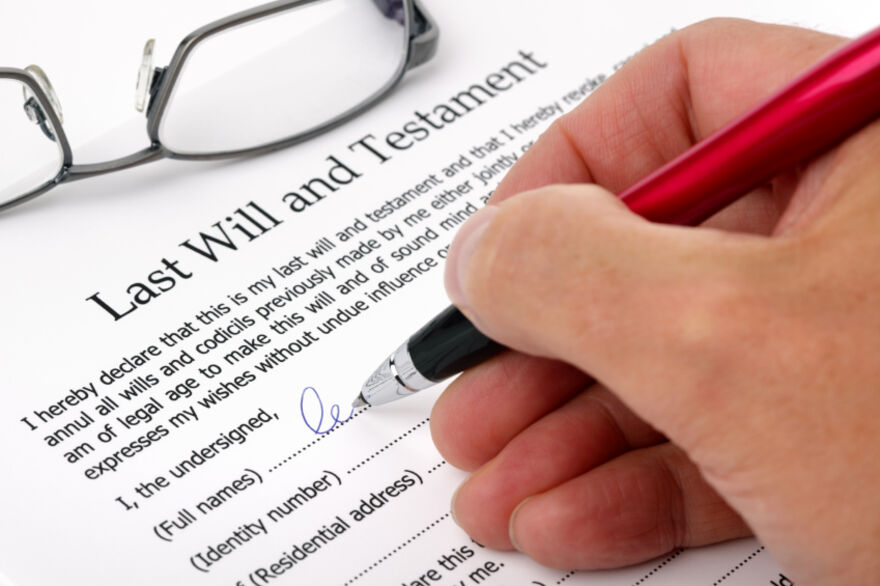Periodically you see a quote along the lines of
“I love all my children equally. Except the one that sleeps. I love that one more.”
It’s a joke many a parent will have some sympathy with but the majority of parents don’t actually distinguish between their children. In fact, a recent survey found that some 68% of parents would leave each of their children an equal share of their assets in their Will. That said, a recent survey identified that some 16% of parents - almost a fifth - were leaving unequal interests in their estates to their children.
No two families have the same dynamics, even if they have the same family make-up and there can be very good reasons for disinheriting a child completely or leaving one child less than the others. A child who has ended up in prison or committed acts of violence against a parent can be easy to justify cutting out of a Will.
But what of the child that has actually worked hard and done very well for themselves? Should they be left less than a child who has chosen a path in life that has resulted in them having a lower salary or less stable housing?
These decisions can be difficult and people often find them challenging when they come to give instructions to make a Will. Taking the time to talk through the thought process and all the considerations with a professional who is objective and independent can really help.
A Will is a person’s final say in who benefits from their assets after they gone. In some cases, it is the final “word” from a parent to their child and the impact of unequal shares in a Will can be both hurtful to the person who receives less and harmful to the relationship between siblings.
There is no obligation to provide for adult children who are not dependant upon a person prior to their death. A Will is a document that must be drawn up of someone’s own free will – the Courts go to great lengths to protect testamentary freedom. But if you are intent on leaving unequal shares of your estate to your children and want to avoid a dispute after your death, important steps can be taken during your life to reduce to that risk:
- Tell your children what you are doing and why – leaving them to wonder later can cause great anguish and having that conversation with them gives an opportunity to understand your reasons
- Leave a note of your reasons – if you cannot have the conversation in person, leave an explanation to help your children understand your thought process later on
- Review your Will often – the circumstances that led to unequal shares being included in a Will can change and if they do you may want to consider updating your Will
- Work flexibility into your Will – a carefully drafted Will can incorporate mechanisms that allow for final distributions to children to be determined when the Estate falls to be administered; giving the option of taking account of a child’s actual needs at that time rather than when the Will itself is drafted
- Relax –many people worry about how to approach this issue to the point of paralysis and end up making no Will at all (in which case the intestacy rules may well do the very thing you were agonising over in the first place!). Talking to a specialist lawyer about making your Will is the best way forward.
For more information on Howes Percival's Contentious Trust & Probate services, please contact Jennifer Laskey at [javascript protected email address] or click here.
The information on this site about legal matters is provided as a general guide only. Although we try to ensure that all of the information on this site is accurate and up to date, this cannot be guaranteed. The information on this site should not be relied upon or construed as constituting legal advice and Howes Percival LLP disclaims liability in relation to its use. You should seek appropriate legal advice before taking or refraining from taking any action.

